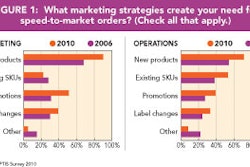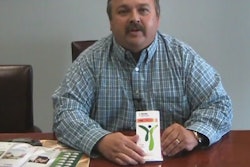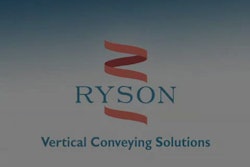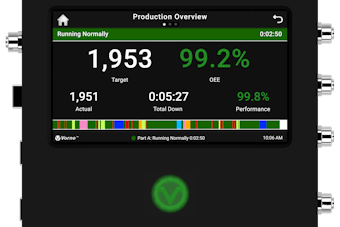
“News of the weird” reads the headline for the lead story in the classified section of a recent edition of the Chicago Reader, a free weekly alternative press newspaper. The article refers to a June 13 article in the New York Times, “For forgetful, cash helps the medicine go down.”
The article says up to one-half of all patients “do not take medication as prescribed….such lapses fuel more than $100 billion in health care costs annually because those patients often get sicker.” To help counter the problem of patient noncompliance, the article says healthcare professionals are beginning to embrace the idea that “paying modest financial incentives up front can save much larger costs of hospitalization.”
The New York Times article goes on to discuss a program in Philadelphia that rewards takers of warfarin in “a kind of lottery using a computerized pillbox to record if they took the medicine and whether they won that day.”
Weird? Perhaps. But a little creative thought couldn’t hurt in improving patient outcomes and managing healthcare costs.


























